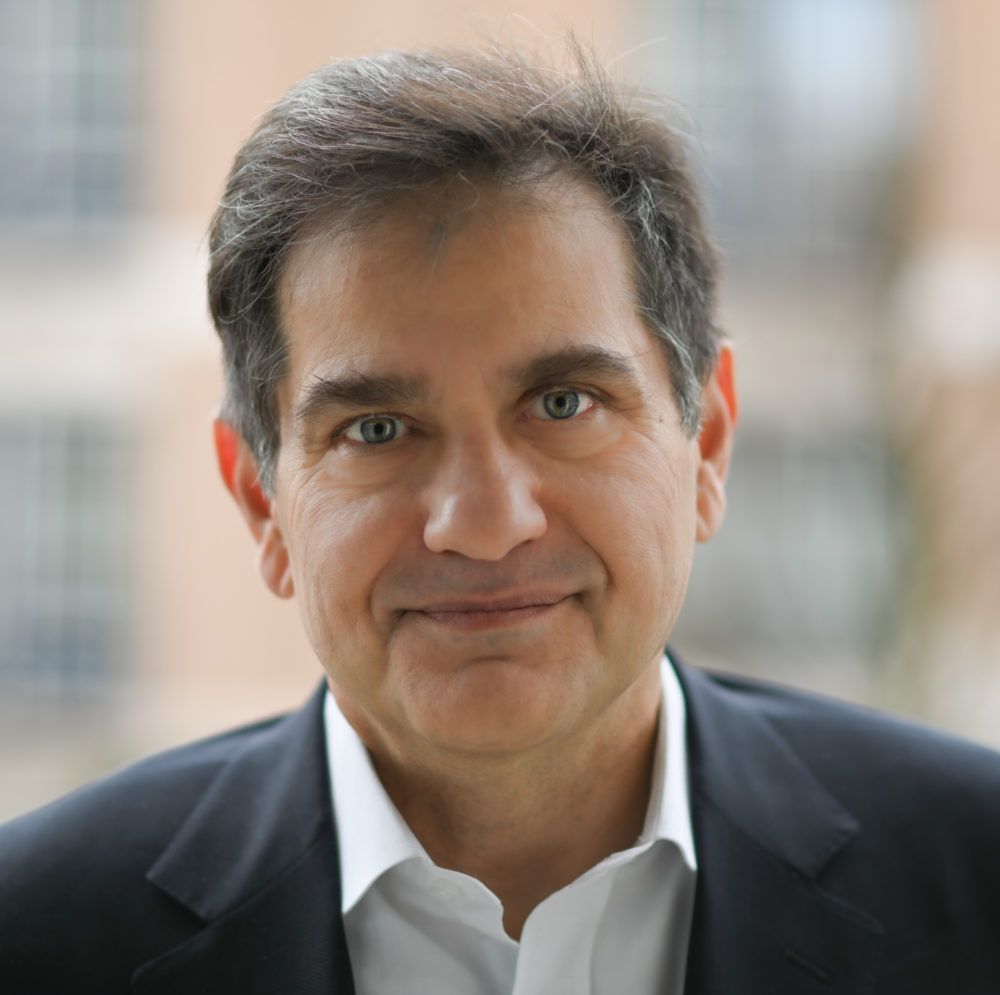We spoke with Ioannis Malekos, Head of Unit at the European Commission’s Youth, Volunteer Solidarity and Traineeships Office to learn more about the new European Humanitarian Aid Corps, and to ask about the Commission’s plans to empower more youth with disabilities to participate in cross-border volunteering activities with the European Solidarity Corps.

Question: What measures has the European Commission adopted to make the ESC more inclusive?
Answer: In October 2021, the Commission adopted the framework of inclusion measures of the Erasmus+ and European Solidarity Corps Programmes 2021-2027. It delivers on the promise that the European Solidarity Corps as well as Erasmus+ foster inclusion and embrace diversity, while actively reaching out to young people without any discrimination. The Corps provides accessible and flexible formats of activities, additional financial support as well as a range of support measures to encourage the participation of young people with fewer opportunities and better cater for their specific needs.
In summary, this includes:
- Formats of participation that are especially inclusive: volunteering teams, short-term individual volunteering for young people with fewer opportunities and in-country volunteering.
- Additional funding for reinforced mentorship and for any other costs incurred by organisations to support the participation of young people with fewer opportunities on equal terms as others
- Support measures: reinforced mentorship, tailor-made pre-departure trainings, preparatory visits and specific training opportunities.
Question: Could tell us about the new strand of international projects, the European Voluntary Humanitarian Aid Corps?
Answer: Activities implemented under the European Voluntary Humanitarian Aid Corps aim at contributing to providing needs-based humanitarian aid in non-EU countries aimed at preserving life, preventing and alleviating human suffering and maintaining human dignity and to strengthening the capacity and resilience of vulnerable or disaster-affected communities. Humanitarian Aid Volunteering projects funded under this strand offer the opportunity to young people aged 18 to 35 years old to participate in volunteering activities, aiming at supporting humanitarian aid operations. Such activities will provide young people with the opportunity to carry out tasks needed to support the activities undertaken by their host organisation. First deployments of volunteers are expected in the beginning of 2023, but young people who are interested to participate can already register on the European Solidarity Corps Portal.
Like all the actions of the European Solidarity Corps, the new Humanitarian Aid strand aims to be inclusive. With the specific measures and support, the program would like to encourage the participation of young people with few opportunities to take part in this new action.
Question: How can ESC attract more people with disabilities to apply and take part in humanitarian aid operations across the globe?
Answer: The Commission’s framework of inclusion measures underlines our willingness to reach out to all young people, including people with disabilities. This also goes for the humanitarian aid strand. All the specific measures mentioned above are also available for people with disabilities who would like to participate in the humanitarian aid strand.
The European Education and Culture Executive Agency (EACEA), with the support of the European Commission, convenes info days in order to promote the new Humanitarian Aid strand. We are currently in contact with stakeholders that deal with inclusion-related issues, to reflect on the best channels to reach out to people with disabilities.
Question: The European Solidarity Corps is implemented in each country by the National Agencies. Some of our members hosting volunteers with disabilities explained they had to negotiate with the National Agencies the disability related cost. What does the European Commission intend to do to ensure that persons with disabilities are not discriminated and that their disability related costs get totally covered?
Answer: The annual Programme Guide of the European Solidarity Corps provides guidance on the type of specific needs of people with disabilities that can be covered by the programme. This is based on a system of “real costs” and requires a justification by the applicant and approval by the responsible National Agency. As long as they are well justified and approved by the relevant National Agency, these costs are reimbursed at a 100% rate, without applying any ceiling.
The Commission is not aware of cases where such checks by National Agencies would lead to discrimination of persons with disabilities. On the contrary, the system is there for the benefit of people with disabilities, while maintaining an appropriate level of control.
Question: How does the Commission measure that Inclusion in the ESC is achieved and how is the European Commission measuring the Number of participants with disabilities within the European Solidarity Corps?
Answer: The Commission’s framework of inclusion measures of the Erasmus+ and European Solidarity Corps Programmes 2021-2027 explicitly provides for a systematic monitoring of the measures taken. As foreseen in the underlying Regulation, the Commission will carry out a mid-term review of the programme by end 2024. Inclusion measures will be given appropriate attention in this review.